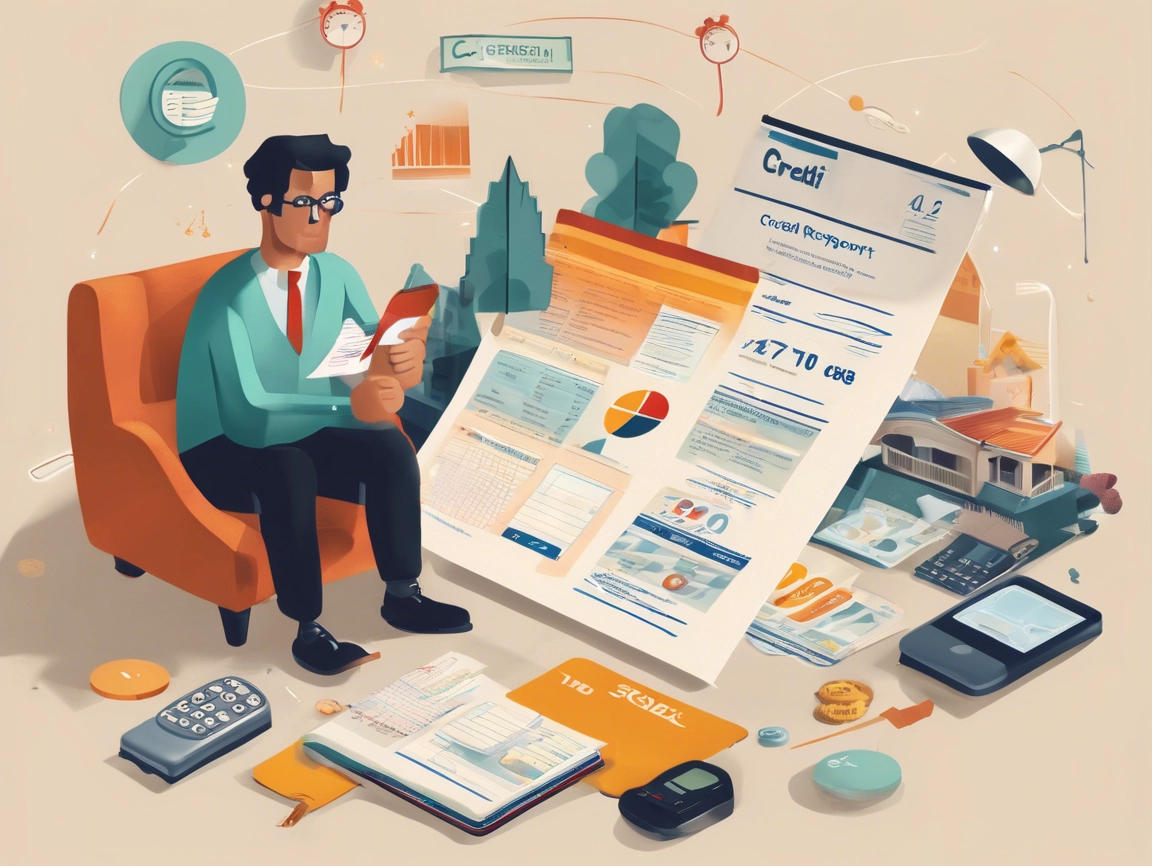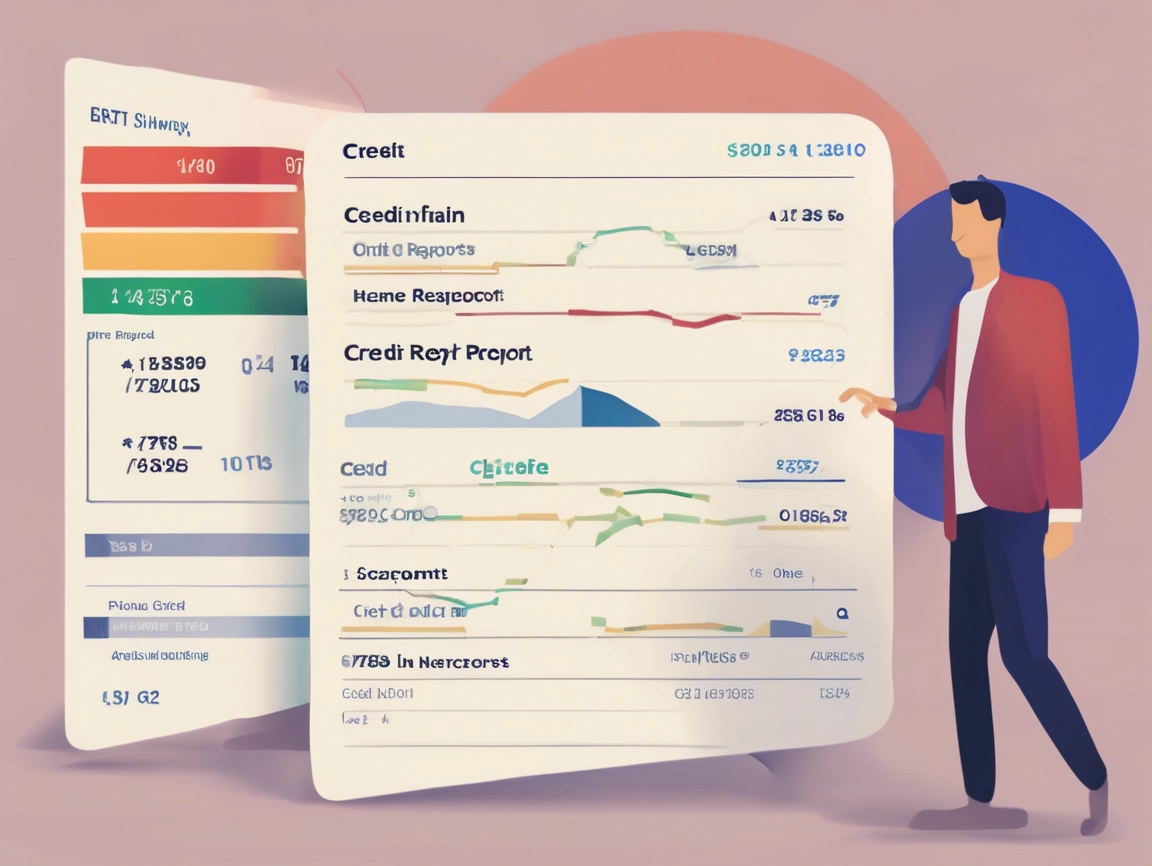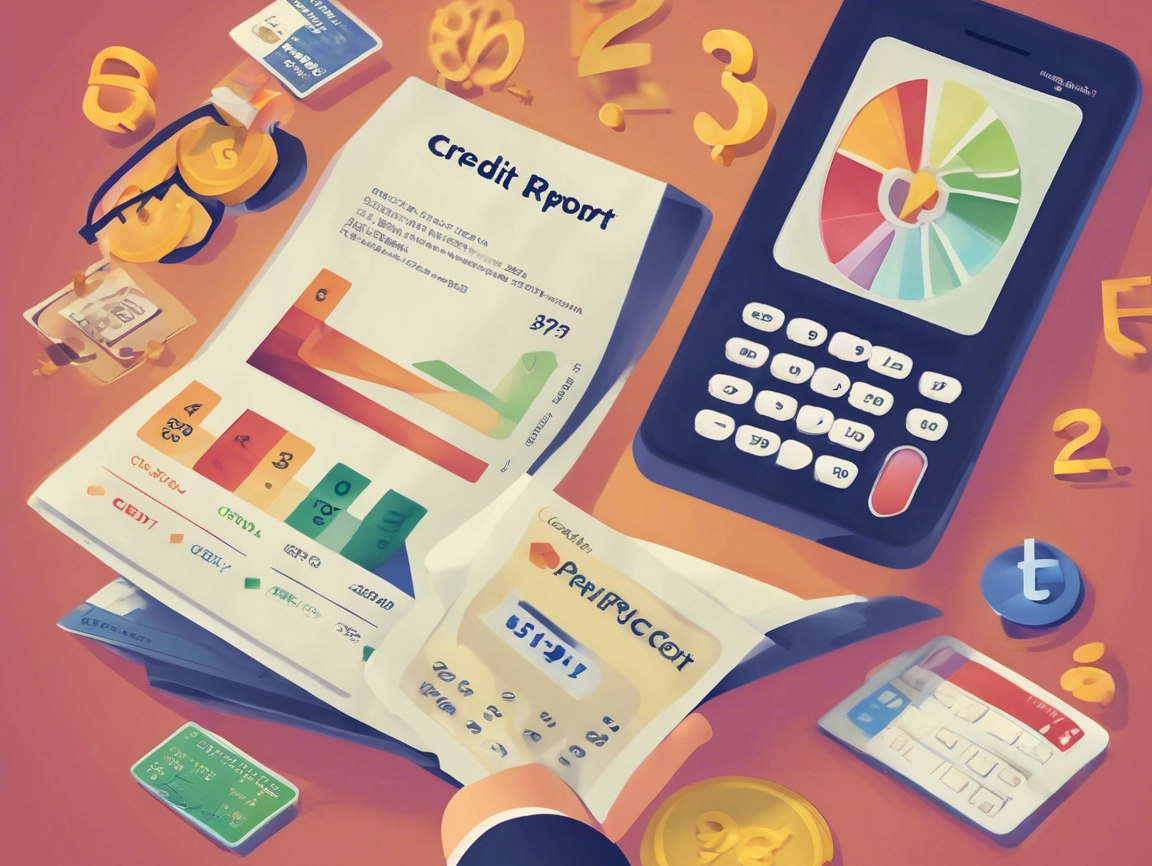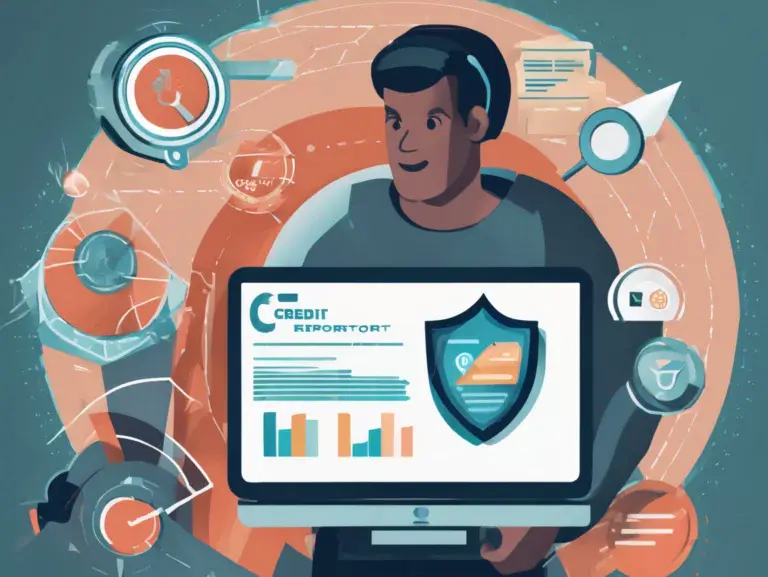Your credit report is like a financial biography. It’s a detailed record of how you’ve handled credit and debt over time, and it serves as a key factor in many of your financial decisions. Whether you’re applying for a loan, renting an apartment, or even landing a dream job, your credit report can open—or close—doors to important opportunities.
Understanding credit reports doesn’t have to be overwhelming. This guide will break down everything you need to know, from what they include to how to access and manage them for your benefit.
What Is a Credit Report?
A credit report is a detailed summary of your credit history compiled by credit bureaus like Experian, Equifax, and TransUnion. Think of it as your financial report card—it lists your borrowing and repayment habits, giving lenders and other entities a snapshot of your reliability when it comes to money.
What’s Included in a Credit Report?
Here are the main components of a credit report and what they tell people about you:
- Personal Information
Your name, current and past addresses, Social Security number, date of birth, and employment history. This section confirms your identity. - Credit Accounts
Details of every credit account you’ve opened, such as credit cards, auto loans, and mortgages. It shows account balances, payment history, and whether you pay on time. - Credit Inquiries
A list of who has checked your report. “Hard inquiries” (like when applying for credit) can temporarily lower your score, while “soft inquiries” (like background checks) don’t. - Public Records and Collections
Bankruptcies, foreclosures, and accounts sent to collections are all listed here, potentially dragging down your credit score.
Why Are Credit Reports Important?
Your credit report matters because it paints a picture of your financial responsibility. Businesses, landlords, and even potential employers rely on it to make informed decisions about you.
How Are Credit Reports Used?
- Lenders rely on your credit report to determine whether to approve your loan or credit application and at what interest rate. A good credit report can save you money on interest.
- Landlords check your credit report to see if you’ll likely be a responsible tenant who pays rent on time.
- Employers (in some cases) review a version of your credit report to assess your reliability and trustworthiness, especially for positions requiring financial responsibility.
How to Access and Read Your Credit Report
Knowing what’s in your credit report is the first step to taking control of your financial health. Here’s how to access it and what to look for.
Step 1. Access Your Report
By law, you’re entitled to one free credit report from each of the three major credit bureaus every year through AnnualCreditReport.com. You can request them all at once or space them out throughout the year.
Step 2. Review the Details
Look over every section of your report carefully. Pay special attention to account balances, payment statuses, and any new accounts that you didn’t authorize.
Step 3. Dispute Any Errors
If you spot inaccuracies, such as late payments you actually made on time or accounts you don’t recognize, dispute them with the bureau that issued the report. Many disputes can be handled online.
Tips for Maintaining a Strong Credit History
Keeping your credit report in good shape doesn’t happen overnight, but consistent positive habits will pay off.
- Always Pay Bills on Time
Payment history makes up a big chunk of your credit score, so late payments can be very damaging. - Keep Credit Card Balances Low
Your credit utilization ratio (how much credit you’re using versus available credit) should ideally be below 30%. - Avoid Applying for Too Much Credit
Too many hard inquiries in a short time can lower your score. Only apply for new credit when necessary. - Check Your Report Regularly
Monitoring your credit reports helps you catch errors or signs of fraud early.
Why You Should Take Charge of Your Credit
Your credit report can either help or hinder your financial goals. When you stay on top of it—regularly checking for errors, resolving disputes, and building strong credit habits—you set yourself up for long-term success.
Take the next step today. Access your report, learn what it says about you, and commit to improving and protecting your credit health. Your future self will thank you!












